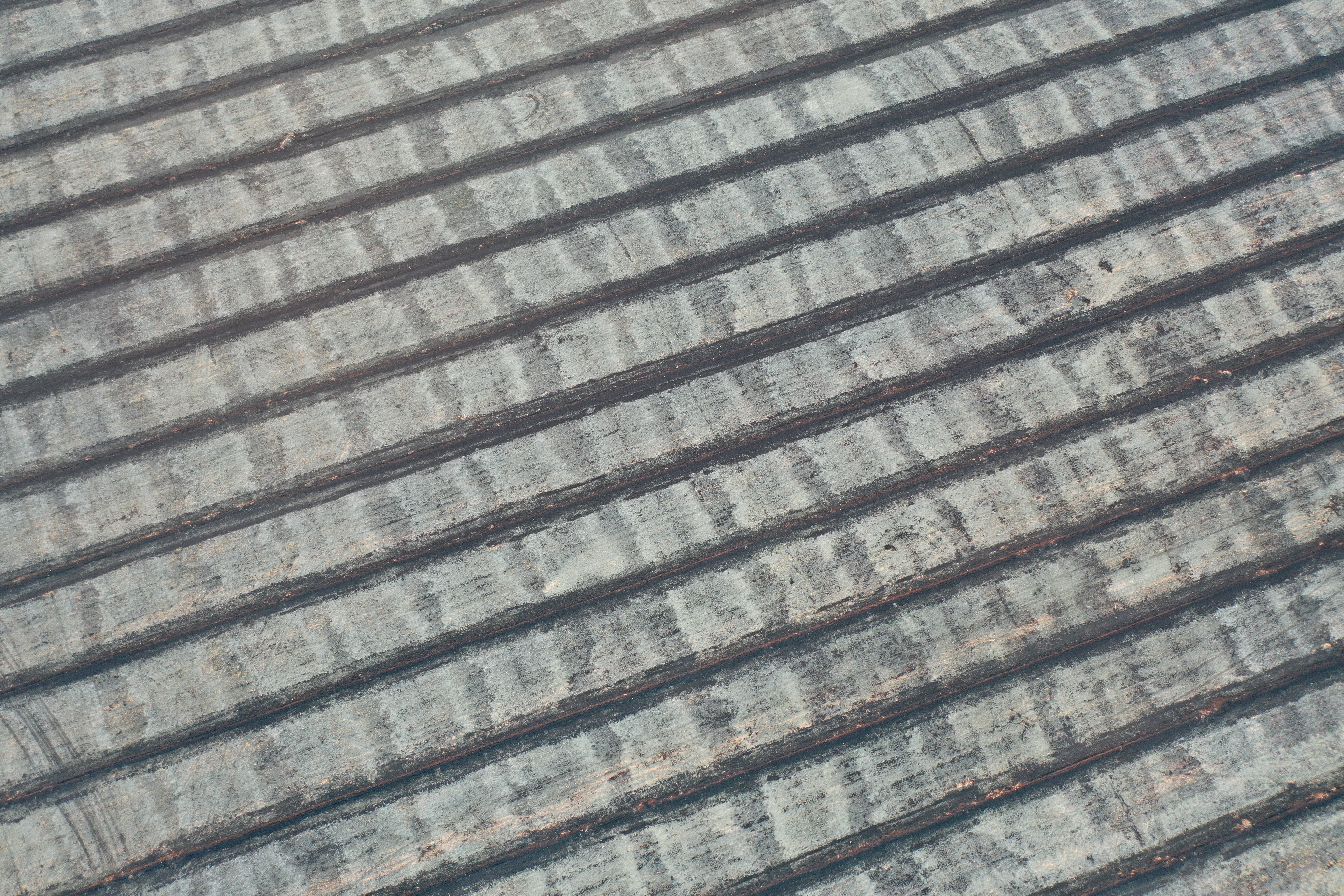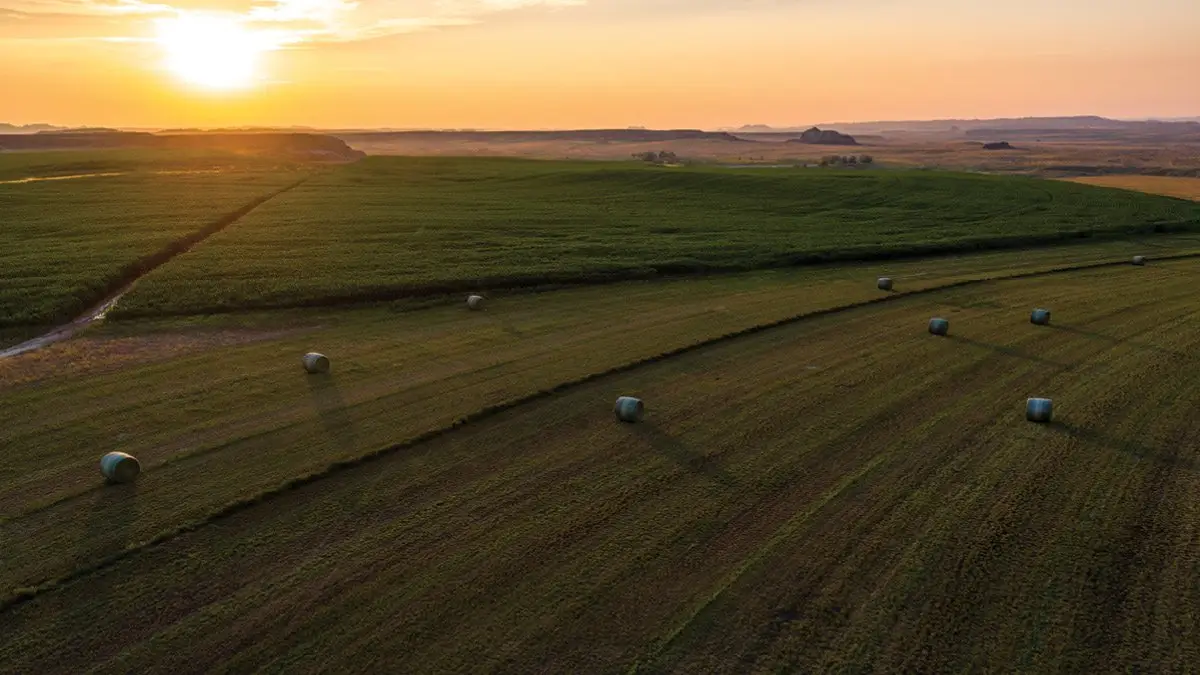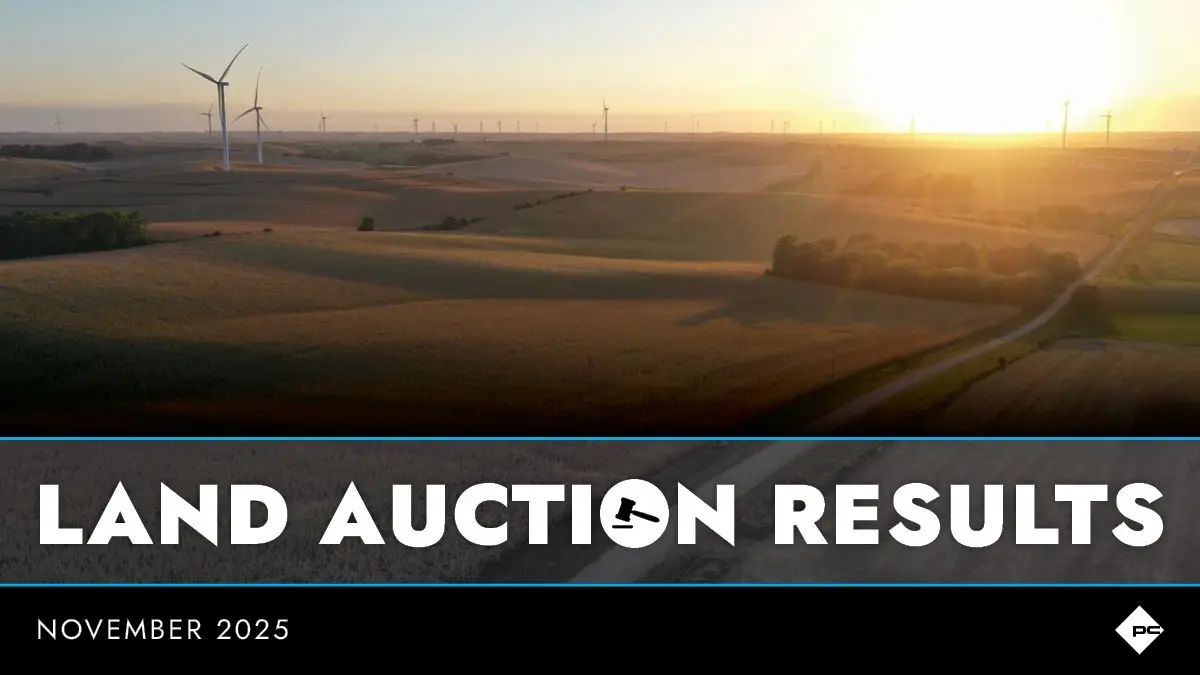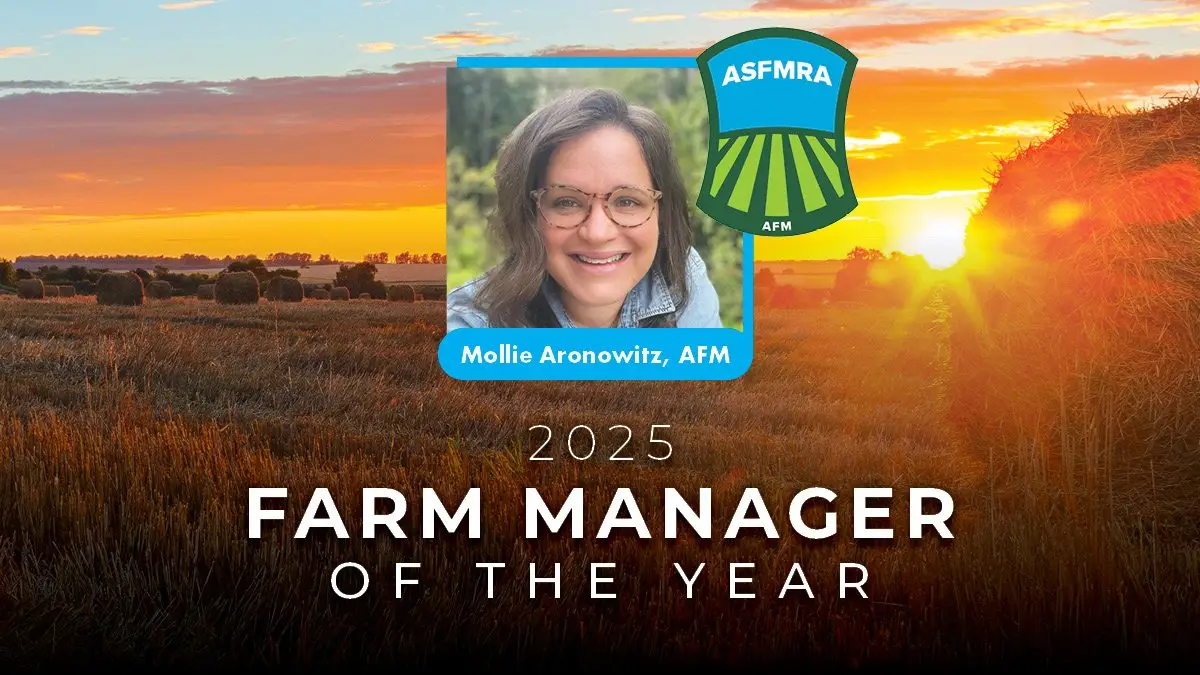
Guest blog by Corey Getz, Co-founder and CEO of DIGS Associates
Whether you are new to the land improvement industry or have decades of experience improving farms, 2021 did not discriminate. Unparalleled challenges have impacted us all. With over 15 years of industry experience our team at DIGS Associates, has witnessed several tile shortages. Some tile manufacturers struggle year after year with meeting the demand of their customers’ needs. This year’s dynamic has impacted all HDPE manufacturers - in all geographies - and we have not seen the end yet.
The shortage
Early on in 2020, resin companies were sitting on stockpiles of material without many buyers, and they slowed their production given the uncertainty in the marketplace. As demand started to increase late summer, resin companies tried to ramp up production. However, the demand exceeded the production capabilities. COVID-19 protocols had already handcuffed the productivity of these state-of-the-art facilities. In addition, the one-million ton per year polyethylene resin manufacturer in Veracruz, Mexico - Braskem Ideza – ceased production altogether due to lack of access to natural gas. The Mexican government stopped the supply of natural gas to Braskem due to recently exposed “influences and bribes” between Braskem and government officials generating significant financial benefits for Braskem. Braskem was forced to pay an undisclosed amount in fines due to a breach in contract and bribery. Furthermore, they agreed on a new contract with updated terms that requires Braskem to pay “market prices” for transportation of natural gas which is now transparently received by a credentialed third-party broker. After approximately 90 days of ceased production and negotiations, an agreement was made between the two parties to restore the flow of natural gas. As a part of the new arrangement the broker is required to provide the government with audits for all Braskem’s transactions throughout the life of the contract.
Little did we know what was about to happen in the deep south of the United States. No more than 30 days after this agreement, states in the southern United States – namely Texas – experienced record low temperatures and chaos ensued. Among the tumultuous events, was natural gas pipeline valving systems being devastated. The condensation surrounding the valves froze, causing them to be inoperable for weeks. Without valves that open, close, and direct the product to certain lines, the product could not be routed to the appropriate end-user. When valving was eventually restored, the product was earmarked to assist in the heating of homes, businesses, schools, etc. All the while demand is continued to rise. Personal Protective Equipment (PPE) was being manufactured across the globe and distributed to health care providers, most of which are made of HDPE. Millions of citizens were still staying at home given the status of the pandemic and home improvements projects were abundant. Many products used for home improvement are made of HDPE. Obviously, the drainage tile we use for land improvements is manufactured using HDPE and in a robust market. Commercial, residential, and governmental construction markets were also quite strong, and the infrastructure needed to complete those projects – storm sewer, sanitary sewer, erosion control fabric, sub-drains – are also byproducts of natural gas.
Given the “perfect storm” of healthy demand and limitations in manufacturing, resin suppliers were forced to implement a “force-majeure”. A force-majeure is a situation where unforeseeable circumstances prohibit an entity from fulfilling a contract. At this point, all contracts were void and spot pricing was the only means of obtaining resin. In less than twelve months, raw materials increase by nearly 250%. Unprecedented to say the least. This situation required tile manufacturers to raise their prices to the end-users – in most cases in an immediate fashion. There was not just one increase. All tile manufacturers have had three, four, and, in some cases, five separate price increases over the last six months. In over fifteen years, we haven’t witnessed two price increases in a one-year period. Typically, there is stability in pricing for twelve months, sometimes even two years. - We are in a truly unique situation.
In conjunction with price increases, tile manufacturers are competing on a global scale for procuring the resin that is available. Many have found it difficult to obtain the amount of resin they need to meet current demand. Some are not able to give guaranteed pricing and availability because they are not confident about honoring it. Resin pricing is still on the rise, and lower prices are not foreseeable. Demand remains high for HDPE and manufacturing is still attempting to play catch up with their current book of business, let alone build inventories. We are far from immune to future price increases and material shortages. We envision the erratic market conditions to remain throughout the calendar year, and likely to spill into 2022.
How do we combat these very challenging circumstances?
We can’t stress enough the importance of planning ahead. Start with being proactive throughout your capital improvement process with due diligence and engineering. You cannot make a land improvement investment decision without the appropriate engineered design and cost estimate. The crop is in its growing season and commodity prices are strong. Do not wait until after harvest to get a survey and a drainage design. Have a professional provide you with an engineered plan in an expedient manner so the decision-making process can begin.
At DIGS Associates, we provide tile designs within 72-hours of our clients’ request along with an estimated cost for installation. Our expert team of professionals provide you an unparalleled focus on your farm and are available to collaborate regarding your precise goals. We understand urgency and will be a reliable support team throughout the entire process.
Once you have finalized your design and have a complete understanding of the capital expenditure, take a financial position. Make a commitment for execution of the engineered design, pre-pay for the materials, and take delivery. Some suppliers will not accept pre-pays. If this is the case, call DIGS Associates and we will make sure your material needs are procured. Pre-paying and taking delivery of materials not only solidify you have the materials you need, but also ensure the best pricing available. Pre-payment for materials is a pre-requisite for DIGS’ projects. We procure all materials for all clients on all our projects. Being proactive with our process ensures we are never shorted materials for
construction of our clients’ project.
Historically this industry has been “sudden-service” minded and that mindset is not successful in the current environment. Securing the appropriate materials timely and cost-effectively has been very difficult as a whole with current market conditions. When no lead time is given, it becomes virtually impossible to meet that need. I know some are thinking “I have never done business this way before”. -- Neither have we.
At DIGS Associates we continually innovate, adapt, and add-value with an ever-changing marketplace. We are industry insiders that follow market trends and maneuver our position depending on the given circumstances in the marketplace. When thinking about changing your business model, keep this in mind. The seven most expensive words in business is “That’s the way I’ve always done it.” It has never been more critical to plan ahead regarding your drainage tile installation. Do not wait until the last minute to procure your materials at the best price possible.








